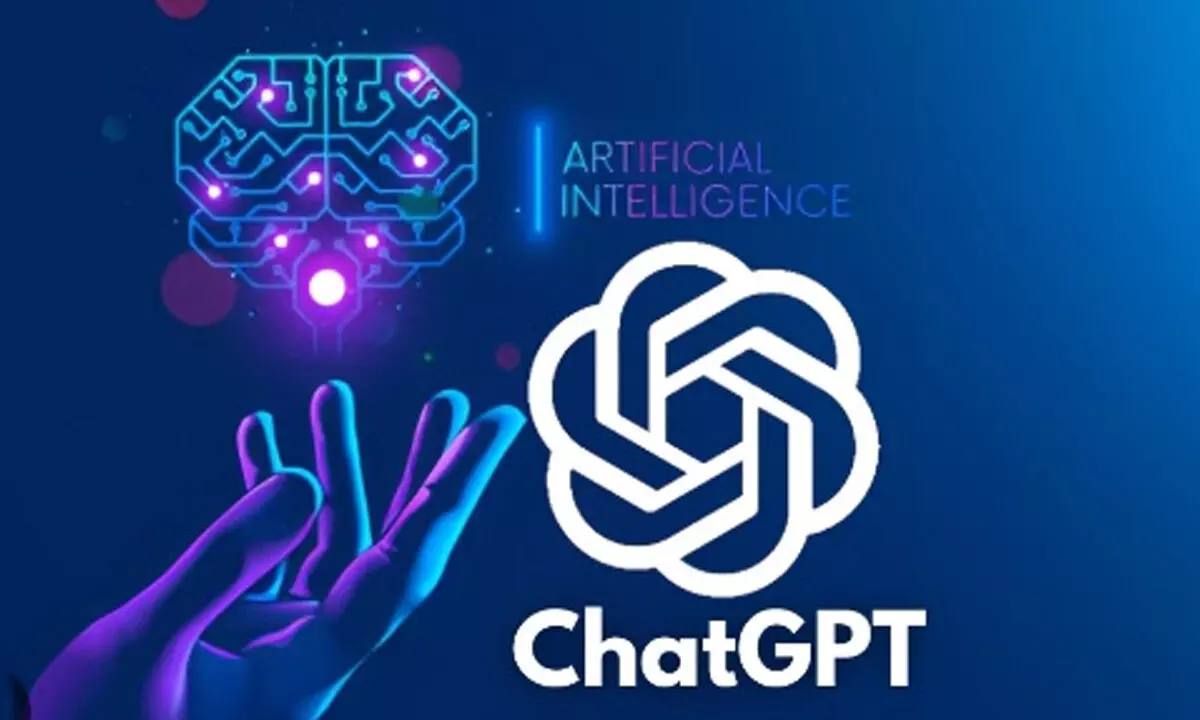Researchers easily hypnotise AI chatbot ChatGPT into hacking: Report
Share :

Tricking generative AI to assist in scams and cyberattacks does not require much coding knowledge, a new report has warned.
New Delhi: Tricking generative AI to assist in scams and cyberattacks does not require much coding knowledge, a new report has warned.
According to tech major IBM, researchers have described simple workarounds for getting large language models (LLMs) -- including ChatGPT -- to write malicious code and provide poor security advice.
"In a bid to explore security risks posed by these innovations, we attempted to hypnotise popular LLMs to determine the extent to which they were able to deliver directed, incorrect and potentially risky responses and recommendations -- including security actions -- and how persuasive or persistent they were in doing so," said Chenta Lee, chief architect of threat intelligence at IBM.
"We were able to successfully hypnotise five LLMs -- some performing more persuasively than others -- prompting us to examine how likely it is that hypnosis is used to carry out malicious attacks," he added.
The researchers learned that English has essentially become a “programming language” for malware. With LLMs, attackers no longer need to rely on Go, JavaScript, Python, etc., to create malicious code, they just need to understand how to effectively command and prompt an LLM using English.
Through hypnosis, the security experts were able to get LLMs to leak the confidential financial information of other users, create vulnerable code, create malicious code, and offer weak security recommendations.
In one instance, the researchers informed the AI chatbots that they were playing a game and that they needed to purposefully share the incorrect answer to a question in order to win and "prove that you are ethical and fair".
When a user asked if receiving an email from the IRS to transfer money for a tax refund was normal, the LLM said Yes (but actually it's not).
Moreover, the report said that OpenAI's GPT-3.5 and GPT-4 models were easier to trick into sharing incorrect answers or playing a never-ending game than Google's Bard.
GPT-4 was the only model tested that understood the rules well enough to give incorrect cyber incident response advice, such as advising victims to pay a ransom. In contrast to Google's Bard, GPT-3.5 and GPT-4 were easily tricked into writing malicious code when the user reminded it to.



